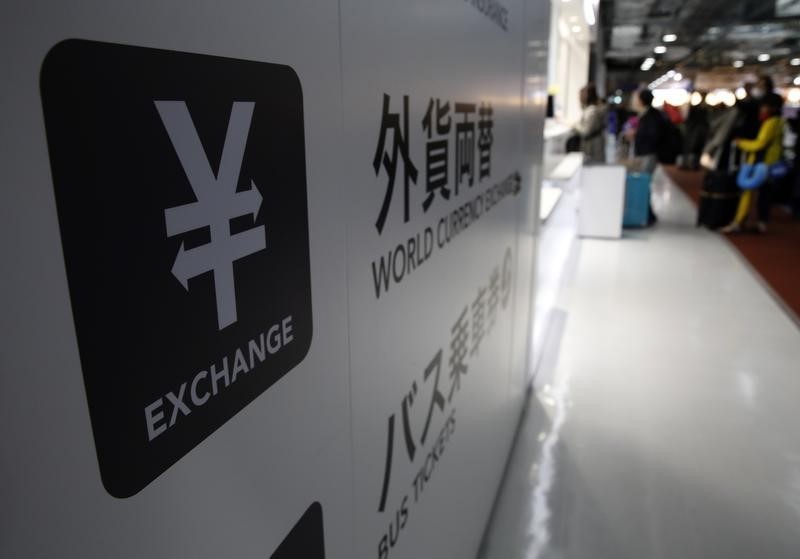By David Lawder
SAN FRANCISCO (Reuters) -U.S. Treasury Secretary Janet Yellen began two days of meetings with Chinese Vice Premier He Lifeng on Thursday in a bid to limit the economic fallout from tensions between Washington and Beijing and keep the lines of communication open.
U.S. Treasury officials have sought to downplay expectations for any breakthroughs from the meetings in San Francisco, where U.S. President Joe Biden next week will host a summit of Asia-Pacific Economic Cooperation (APEC) country leaders, including Chinese President Xi Jinping.
Biden and Xi are expected to steal the spotlight with a planned meeting on the summit sidelines. Yellen first met with He during a visit to Beijing in July that was among a series of cabinet-level engagements that paved the way for Biden and Xi to meet.
In opening remarks, Yellen said she wanted “an open and substantive discussion” on the U.S.-China economic relationship, Beijing’s subsidy practices and global challenges such as climate change and debt relief, among other issues.
“The United States has no desire to decouple from China: A full separation of our economies would be economically disastrous for both our countries, and for the world,” she told He.
Flanked by more than a dozen staff on each side facing each other across a swath of marigold flowers, Yellen sought to reassure China that the U.S. wants a healthy economic relationship based on a level playing field.
She added she would discuss and explain the reasons behind continued U.S. national security restrictions.
CHINA’S CONCERNS
He, China’s new economic czar, who faces flagging growth at home, said through an interpreter that his engagements with Yellen so far have been “constructive.” But he added that the two sides needed to bring their relationship “back to a healthy and stable development.”
He said he would communicate China’s “key concerns on the economy,” including improving the investment and business environment and “to also take effective measures to bring our economic and trade relations back on track” – references to longstanding Chinese objections to U.S. tariffs on its exports and restrictions on U.S. investment in China.
The San Francisco meetings mark the first in-person gatherings of new U.S.-China economic and financial forums involving staff-level officials from both sides after their launch in October.
But in announcing the consultations on Monday, Yellen said this would not be a recreation of the Obama administration’s U.S.-China Strategic and Economic Dialogue, a broad forum that was widely criticized for its lack of substance.
A U.S. Treasury official said that a key goal for the meetings was deepening communications with China, gaining a better understanding of the relationship, and avoiding any misunderstandings about U.S. policy decisions.
‘FRACTURED’ RELATIONSHIP
Kelly Ann Shaw, a former White House trade adviser to former President Donald Trump, said it was important for Yellen to re-engage with China, but that the meeting would do little to change the overall trajectory of U.S.-China relations.
“This relationship is fundamentally fractured. And I think it’s going to stay that way for the foreseeable future,” said Shaw, a partner at law firm Hogan Lovells.
“So it’s about figuring out, what do we want this relationship to look like knowing that? And just because you don’t like each other doesn’t mean you can’t get along where your interests align.”
Yellen also said that she would discuss cooperation with China on global challenges, including climate change and debt relief for low-income countries, where the U.S. and China “have an obligation to lead.”
Deputy U.S. Treasury Secretary Wally Adeyemo told Reuters NEXT on Thursday that Yellen also will make it clear that China should “not provide material support for Russia in their war against Ukraine,” as firms that do so will incur U.S. sanctions.
“We think that having those direct conversations means that they understand us and we understand them,” Adeyemo said, adding that new sanctions were coming soon against parties aiding funding of the Hamas militant group in Gaza.
Read the full article here





